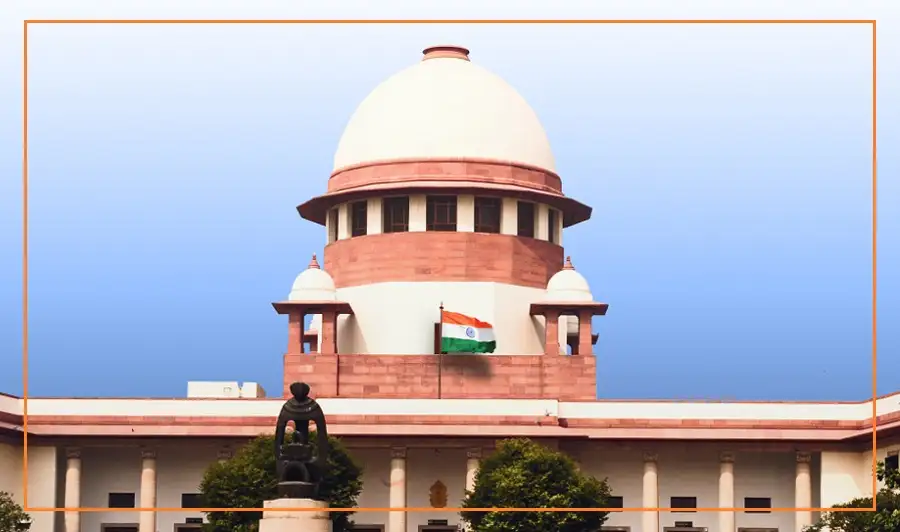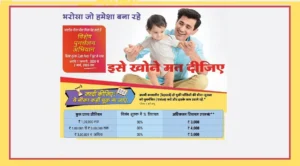The Supreme Court has issued an important judgment related to property rights.
According to the ruling, once a minor turns 18, they can challenge any decision made by their parent or guardian to sell or transfer property registered in their name.
The court also said that after becoming an adult, the person can take clear steps to cancel the earlier transfer.
They can do this either by selling or transferring the property themselves or by filing a case in court to declare the earlier sale invalid and request its cancellation.
Background of the Case
This decision comes from a long-standing dispute in Shamanur village, Karnataka. In 1971, a man named Rudrappa bought two plots of land in the names of his three minor sons.
Later, he sold those plots to another person without getting permission from the court.
After the sons became adults, they sold the same plots to a man named K.S. Shivappa. However, the earlier buyer also claimed ownership, leading to a legal dispute.
The Supreme Court clarified that if a guardian sells a minor’s property, the child can challenge that sale once they reach adulthood.
Lower Courts’ Differing Opinions
Before this judgment, lower courts had different views. Some believed that a minor must file a lawsuit to cancel an unlawful sale made during their childhood, while others said this was not required.
The Supreme Court has now settled this issue. It ruled that filing a formal lawsuit is not always necessary.
Once a person becomes an adult, they can assert ownership simply by taking clear actions—such as selling or transferring the property themselves.
The court also noted that in some cases, the minor may not even know that their property was sold, or they may already have possession of it. In such situations, filing a case is not required.
























